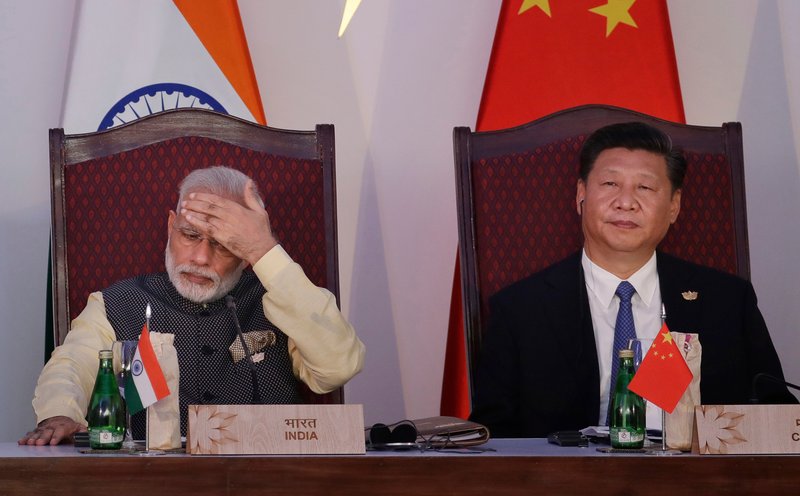China wants Asia free trade pact without India
Nikkei Asian Review - 19 Juni 2019
China wants Asia free trade pact without India
By Takashi Nakano
Beijing’s proposal seen as counter move to Washington’s Indo-Pacific push
China is proposing a new Asian free trade agreement that excludes India, throwing a wrench into plans for the 16-country Regional Comprehensive Economic Partnership.
The Association of Southeast Asian Nations is eager to wrap up RCEP talks to create a trade bloc that rivals the 11-nation Trans-Pacific Partnership. But China is deeply frustrated with India, which is at odds with the rest of the RCEP participants over tariff reductions. Beijing’s irritation with the "free and open Indo-Pacific" initiative pushed by Japan and the U.S. also appears to be behind its move.
The RCEP framework would cover about 50% of the world’s population and 30% of total trade. ASEAN has called a special meeting on Saturday, hoping to make headway now that key members like India, Thailand and Indonesia have wrapped up their elections.
Finance ministers from the RCEP nations will meet on the sidelines of the Southeast Asian association’s summit that starts Thursday in Bangkok. They are expected to affirm their goal of reaching a deal by the end of the year, with the 10 ASEAN members taking the lead.
But China appears to have other plans. When senior economic officials from ASEAN, China, Japan and South Korea met in April, Beijing proposed forming a 13-member partnership. A blueprint for the plan it presented at the meeting explicitly stated the creation of a free trade agreement as a possibility.
Japan and several of the Southeast Asian countries immediately opposed the idea, which resembled the RCEP trade deal — minus India, Australia and New Zealand. China appears to be trying to pressure India and Australia, which are working with Japan and the U.S. on their initiative for a "Free and Open Indo-Pacific."
Beijing also is frustrated by slow progress on the RCEP. Negotiations began in 2013, but deep rifts remain between India, which is wary of significantly reducing tariffs, and the other 15 countries.
China had hoped that Indian Prime Minister Narendra Modi would intensify efforts toward reaching a deal after his ruling party won the general election in May. But Modi has appointed protectionist-leaning Piyush Goyal as his new minister of commerce and industry, swiftly dashing such hopes. ASEAN members also think India is unlikely to accept major concessions anytime soon.
The Southeast Asian bloc plans to prioritize talks about RCEP on Saturday, and is not expected to discuss China’s 13-country plan. But support for the idea could grow, particularly among pro-Beijing members of ASEAN like Cambodia and Laos.






